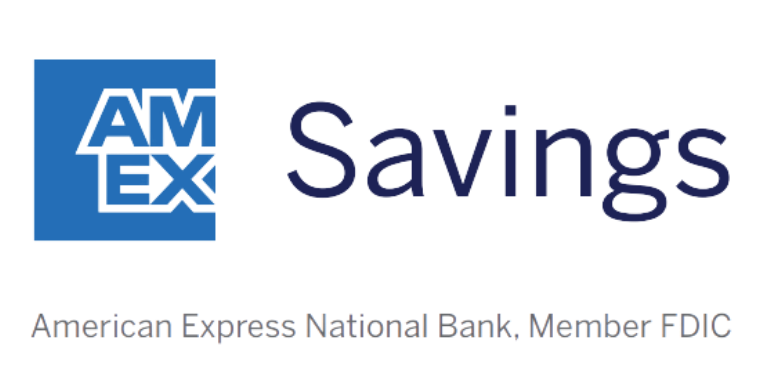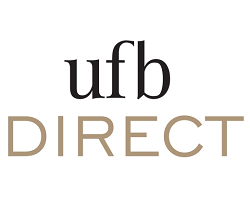In 2021, the FDIC found that a whopping 95.5% of Americans were “banked,” meaning that at least one household member had at least one account at a proper bank. This is the highest number of banked households found since the FDIC started recording such information in 2009. That’s great for households everywhere, but with so many banked Americans now, the next natural question to ask is just how many accounts you need and why.
I have long been a proponent of having multiple checking or savings accounts, if only for clarity in the chaotic world of household finances. But there are many legitimate reasons to have multiple accounts. Let’s walk through some of the most important.
1. The FDIC only insures up to $250,000 in deposits
If you’re asking the question, it’s maybe not likely that you have $250,000 to put into a bank account, but hey, if you win the lottery tomorrow, I want you to be prepared. The FDIC does insure deposits, but only up to $250,000 per depositor, per insured bank, per account ownership category.
So if you have $250,000 in deposit accounts already, you need a new checking and savings account at a different institution to keep your money covered in case of a bank collapse or other financial disaster.
Our Picks for the Best High-Yield Savings Accounts of 2024
|
American Express® High Yield Savings 
APY 4.25%
|
APY 4.25%
|
Min. to earn $1 |
|
UFB Portfolio Savings Account 
APY 5.15%
|
APY 5.15%
|
Min. to earn $0 |
|
Western Alliance Bank High-Yield Savings Premier 
APY 5.31%
Min. to earn $500 to open, $0.01 for max APY
|
APY 5.31%
|
Min. to earn $500 to open, $0.01 for max APY |
2. You have a business
If you have a business, even a side hustle or a gig economy job, you need a business bank account. This allows you to easily manage your company’s money separate from your regular pay, and simplifies your taxes at the end of the year. Set the account up so that all your business income goes into it directly, and all business expenses come out of it directly, to keep your accounting as simple as possible.
You don’t need a specific business account for this, an additional checking account can do the job, as long as you designate it your business account in your head.
3. You have children
It’s literally never too early to start saving for your children’s later-in-life expenses, even if you can’t save a lot right now. Opening a separate savings account for each of your kids to give to them when they turn 18 is a great idea. Even adding just $10 a week can really add up while interest rates remain high.
There’s no telling where interest rates will be in 18 years, but if you started a savings account with $10 and put $40 per month into it for 18 years, earned 5% interest, and it compounded monthly, your child would have nearly $14,000 at the end. When you’re 18, $14,000 can really help get you started in life.
4. You have savings goals
Even if you don’t have kids, most people have some kind of savings goal. Maybe you want to go on vacation to Hawaii or you’d like to be ready to buy a Corvette come your midlife crisis. If you have any savings goals at all, it’s difficult to track your progress with a catch-all savings account.
Instead, having designated buckets for each of the things you want to save for will help keep you motivated — and more importantly — will keep your money separate so you don’t go and use your Corvette fund for something silly like emergency surgery.
5. You want to start investing
If you want to invest, you’ll need an investment account, which are often offered up through your bank. For example, some banks offer money market accounts or IRAs that have very low entry points and can help you really start moving toward your financial goals.
Over time, you may want to further explore other accounts, too. Right now, certificates of deposit are really providing great returns — so it’s a gift you can give future you.
6. You simply like order
I’m not going to sugarcoat it, personal finances can be chaotic. I am speaking from experience here. I don’t like messy books — I want an account for everything. I have an account for my tax withholding for my freelance writing business, I have an account for my dogs’ medical expenses, I have an account for Christmas gifts, I have an account for money to put into future investments. And it’s because, in my soul, I crave order.
Fortunately, my credit union is great about letting me sort money into smaller and smaller piles to my heart’s delight, and doesn’t charge me for the privilege. If you can find free checking or savings accounts that will allow you to bucket your money as you please, do it.
It’s more to keep track of on one level. But on another, it makes it so much easier to see just how much money you have for various regular expenditures and prevents the temptation to steal from Peter to pay Paul, as it were.
Multiple bank accounts solve a lot of problems
Sure, multiple bank accounts aren’t for everyone, but if you need more help visualizing how much money you have for each major expense, or to put money into separate buckets to reduce the temptation to just slide a little from column A to column B, multiple bank accounts are a quick and easy answer.
Just be sure you know what fees may be involved, since it can get very expensive very quickly if you open all these accounts at institutions that charge maintenance fees per account.
These savings accounts are FDIC insured and could earn you more than 10x your bank
Many people are missing out on guaranteed returns as their money languishes in a big bank savings account earning next to no interest. Our picks of the best online savings accounts could earn you more than 10x the national average savings account rate. Click here to uncover the best-in-class accounts that landed a spot on our short list of the best savings accounts for 2024.
